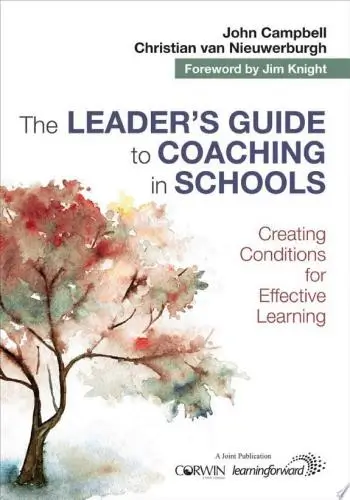
The Leader′s Guide to Coaching in Schools
Creating Conditions for Effective Learning
What's it about?
The Leader's Guide to Coaching in Schools by John Campbell offers practical strategies for educational leaders seeking to enhance their coaching skills. You will discover effective techniques to foster collaboration, build trust, and support teacher development. The book emphasizes the importance of active listening and constructive feedback, providing you with actionable tools to navigate challenges in a school environment. By implementing these insights, you can create a culture of continuous improvement and empower both staff and students to reach their full potential.
About the Author
John Campbell was an influential science fiction editor and writer, known for his pivotal role in shaping the genre during the "Golden Age of Science Fiction." His work often explored themes of technological advancement and human potential, promoting a rational, scientific approach to problem-solving in speculative narratives.
5 Key Ideas of The Leader′s Guide to Coaching in Schools
Listening Beyond Words
Master the art of truly hearing by paying attention not just to what is said, but what is left unsaid.
Imagine attending a parent-teacher meeting where a parent is quiet yet fidgety, signalling more than words ever could—their silence reveals concerns about their child's struggles at home.
- Deepens Understanding: By listening beyond words, you access emotions and contexts that are key to understanding the speaker’s true needs.
- Builds Trust: People feel genuinely valued and understood when they don't just have to verbalize to be heard.
- Enhances Problem Solving: Uncovering hidden messages equips you with the necessary insights to address the root of the issue.
In your next conversation, observe the speaker's body language and vocal tone to discern unspoken emotions or thoughts.
Avoid rushing to fill silences with your own interpretations; let silence foster deeper comprehension instead.
Empower through Questions
Ask empowering questions that shift the conversation from problem-centric to solution-focused.
Think of that one transformative question a coach once asked you, like 'What one small step could you take towards this goal today?' It redirected your entire approach to challenges.
- Promotes Ownership: Questions engage others in exploring their own solutions, making them take responsibility for the outcomes.
- Fosters Insight: Thoughtful questions can trigger new perspectives and understanding, leading to creative solutions.
- Encourages Action: Empowering questions motivate individuals to think in terms of possibilities and actions rather than constraints.
In your next team meeting, replace 'Why didn't you?' with 'What could we try next?' to inspire collaborative problem-solving.
Resist the urge to provide immediate solutions; instead, encourage exploration and self-discovery through your questions.
Crafting Safe Spaces
Create an environment where individuals feel secure to express ideas and take risks without fear of judgment.
Consider the difference between the vibrant brainstorming session at a school known for nurturing ideas versus one where suggestions are met with dismissiveness—it’s night and day.
- Fuels Creativity: Safety leads to an outpouring of innovative ideas, as individuals aren't afraid of making mistakes.
- Enhances Learning: When people feel safe, they are more willing to self-reflect and learn from their experiences.
- Builds Stronger Relationships: Safety fosters open communication, which is the foundation of strong relationships.
Start your meetings by encouraging everyone to share one idea, emphasizing there’s no wrong answer to build trust and openness.
Avoid correcting or challenging ideas immediately; focus on validation and encouragement first.
Deeper knowledge. Personal growth. Unlocked.
Unlock this book's key ideas and 15M+ more. Learn with quick, impactful summaries.
Read Full SummarySign up and read for free!
The Leader′s Guide to Coaching in Schools Summary: Common Questions
One quote that really struck me from The Leader’s Guide to Coaching in Schools by John Campbell is, “Coaching is not a destination; it’s a journey.” This encapsulates the book’s central theme: effective coaching in educational settings is an ongoing process that requires commitment and adaptation over time. Campbell delves into how school leaders can use coaching as a tool to foster professional growth and improve teaching practices, making it accessible and actionable for anyone in an educational role.
I was particularly hooked by the sections on reflective practice and how leaders can facilitate a culture of continuous improvement among teachers. The practical frameworks provided, such as the GROW model (Goal, Reality, Options, Will), were enlightening, although I found myself scratching my head a bit on the real-world application of some strategies. For instance, the balance between giving constructive feedback while maintaining teacher morale can be challenging and wasn't fully fleshed out.
Overall, I found Campbell's approach to coaching in schools both thought-provoking and inspiring. If you're interested in similar themes, books like "Coaching Conversations" by Nick Pyne and "The Coaching Habit" by Michael Bungay Stanier might resonate with you as well. I definitely recommend this book for anyone involved in education looking to enhance their leadership and coaching skills!
Experience Personalized Book Summaries, Today!
Discover a new way to gain knowledge, and save time.
Sign up for our 7-day trial now.
No Credit Card Needed

Similar Books

The Decision Book: 50 Models for Strategic Thinking
Mikael Krogerus
Emotional Intelligence at Work
Dalip Singh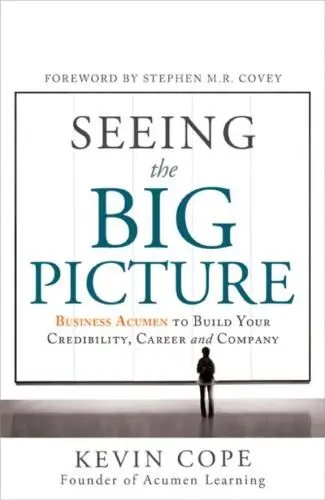
Seeing the Big Picture
Kevin Cope
Leadership Is Concept Heavy
Dr. Enoch Antwi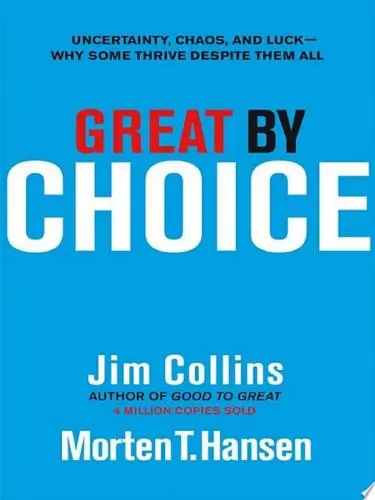
Great by Choice
Jim Collins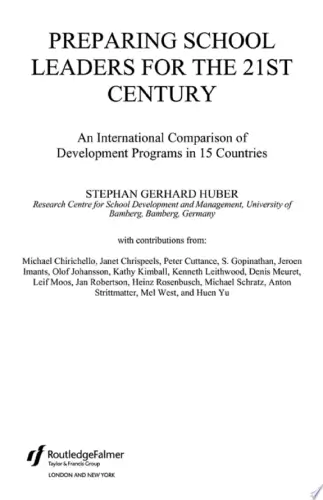
Preparing School Leaders for the 21st Century
Stephan Gerhard Huber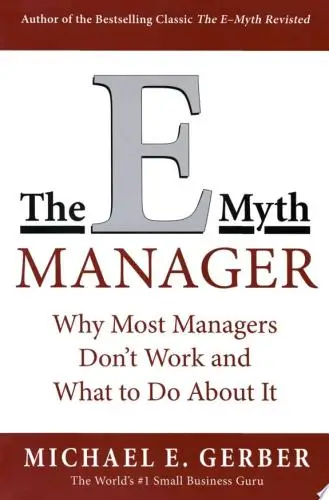
The E-Myth Manager
Michael E. Gerber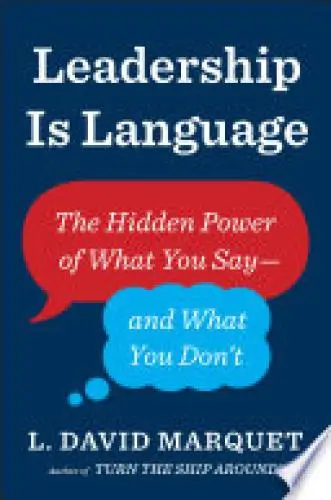
Leadership Is Language
L. David Marquet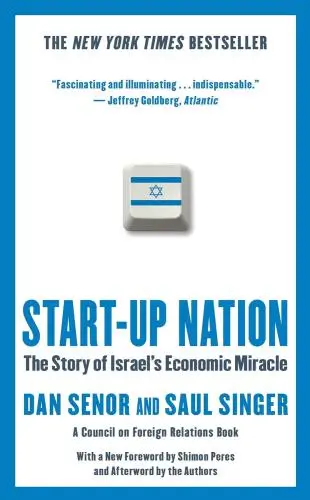
Start-up Nation
Dan Senor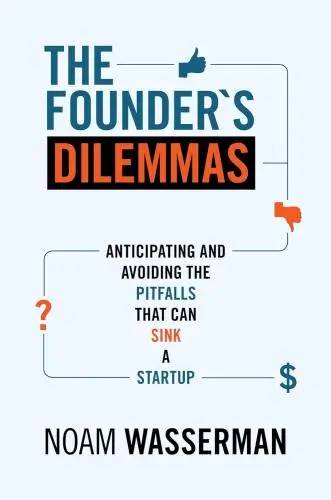
The Founder's Dilemmas
Noam WassermanTrending Summaries

Peak
Anders Ericsson
Never Split the Difference
Chris Voss
Smart Brevity
Jim VandeHei
The Psychology of Money
Morgan Housel
The First 90 Days
Michael D. Watkins
Atomic Habits
James Clear
Thinking, Fast and Slow
Daniel Kahneman
The Body Keeps the Score
Bessel van der Kolk M.D.
The Power of Regret
Daniel H. Pink
The Compound Effect
Darren HardyNew Books

Forex Trading QuickStart Guide
Troy Noonan
Comprehensive Casebook of Cognitive Therapy
Frank M. Dattilio
The White Night of St. Petersburg
Michel (Prince of Greece)
Demystifying Climate Models
Andrew Gettelman
The Hobbit
J.R.R. Tolkien
The Decision Book
Mikael Krogerus
The Decision Book: 50 Models for Strategic Thinking
Mikael Krogerus
Fichte
Johann Gottlieb Fichte
Do No Harm
Henry Marsh
